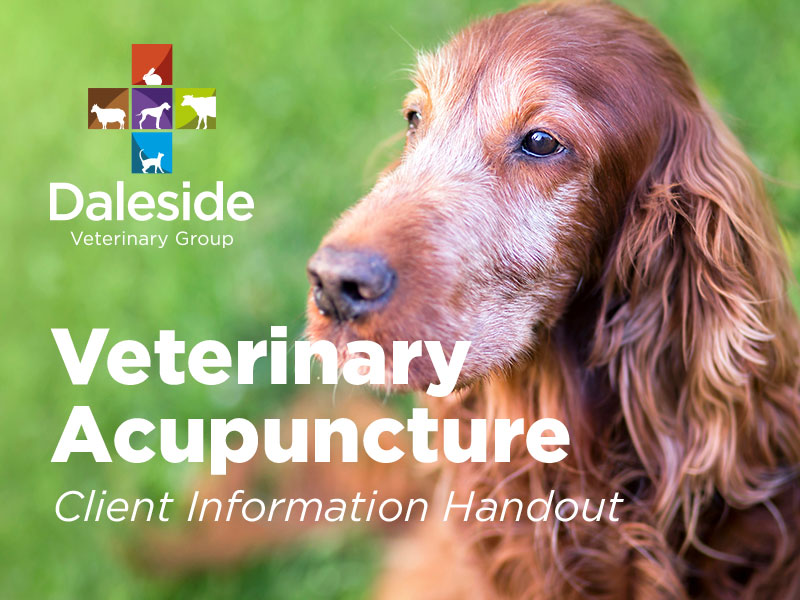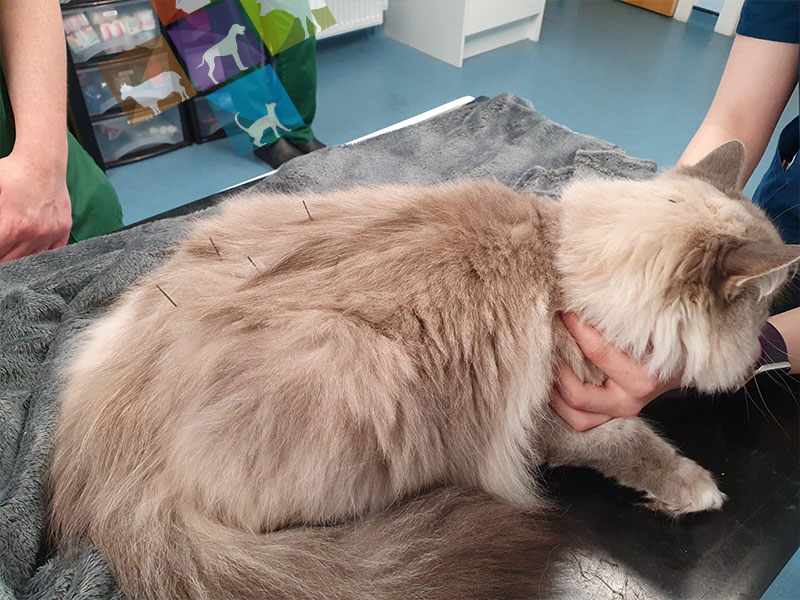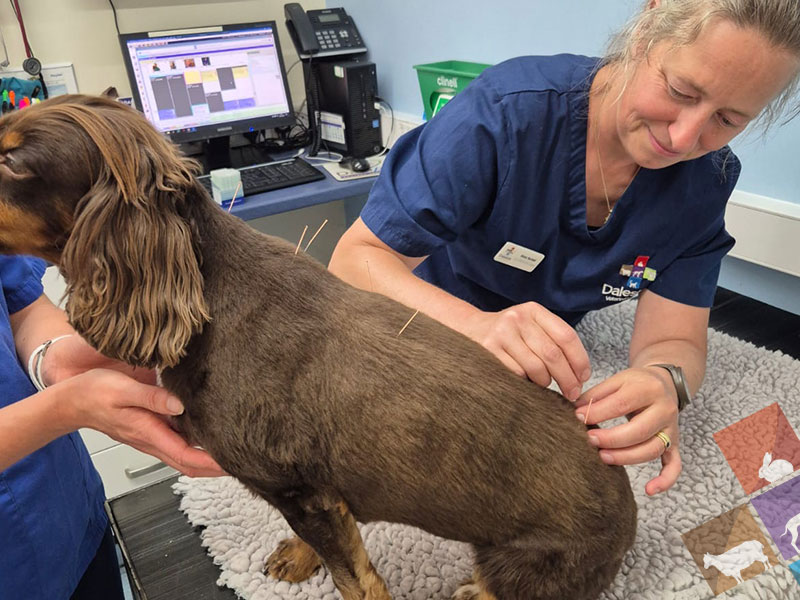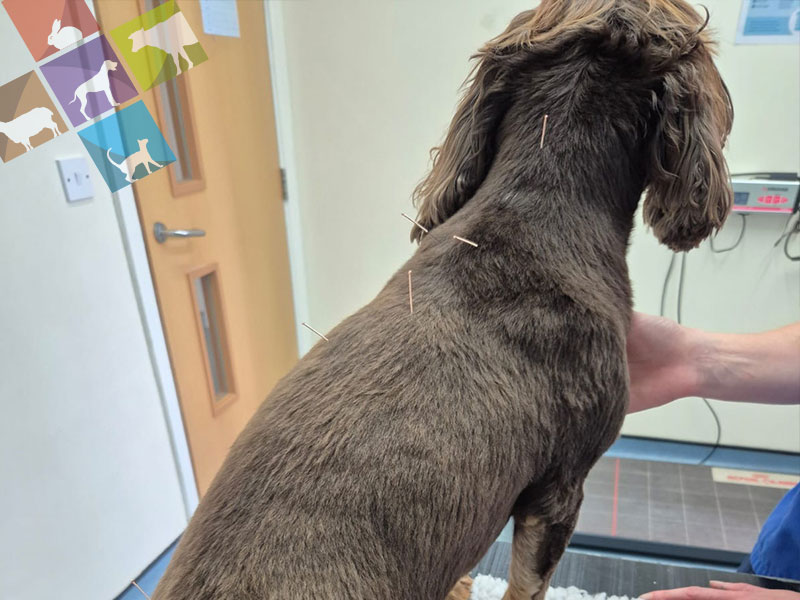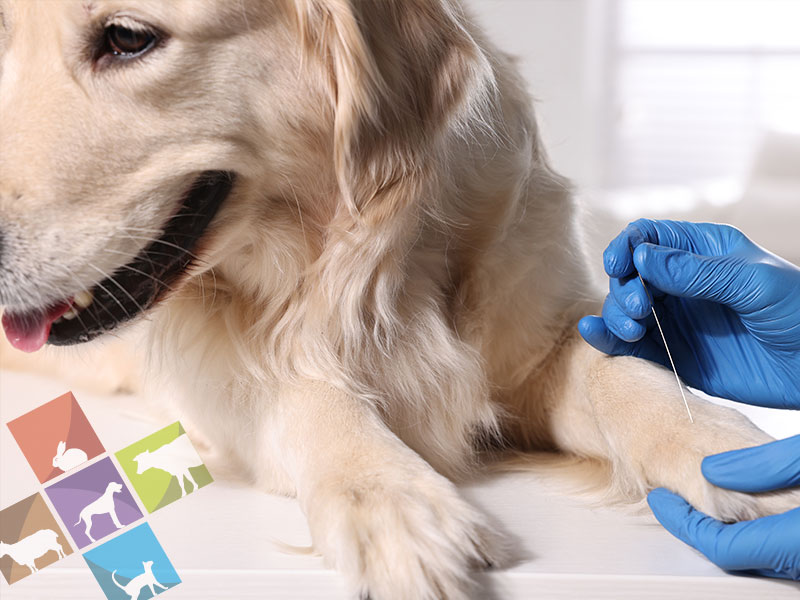What to Expect During a Session:
Sessions typically last 20–45 minutes.
Your pet may lie down, relax, or even fall asleep during treatment.
Some animals show immediate improvement, while others may need multiple sessions to see results.
A treatment plan will be tailored to your pet’s condition and response to therapy.
- Your dog or cat may initially be a little stiffer or uncomfortable. This may indicate that they need less stimulation at the next treatment, but does suggest that they are likely to respond well in the longer term. After a day or two this will improve, so just allow them to rest.
- There may be no response. This does not mean that your animal will never respond, but it may take a little longer. Many animals can take up to the fourth treatment to show a significant improvement. There are a small percentage of pets (as with humans) who will not respond at all.
- There may be an improvement – this may occur any time within a few days of the treatment. The improvement may not last until the next treatment but this is normal in the early stages. Later in the process, the effects should last for longer so there can gradually be longer between treatments.
Who Performs the Acupuncture?
Only a registered veterinary surgeon who has completed specialised training in veterinary acupuncture will treat your pet. This ensures both safety and effectiveness.
How Many Treatments Will My Pet Need?
This depends on the condition being treated:
Acute issues may resolve in just 1–3 sessions.
Chronic conditions often require a series of treatments over weeks or months, followed by maintenance sessions.
